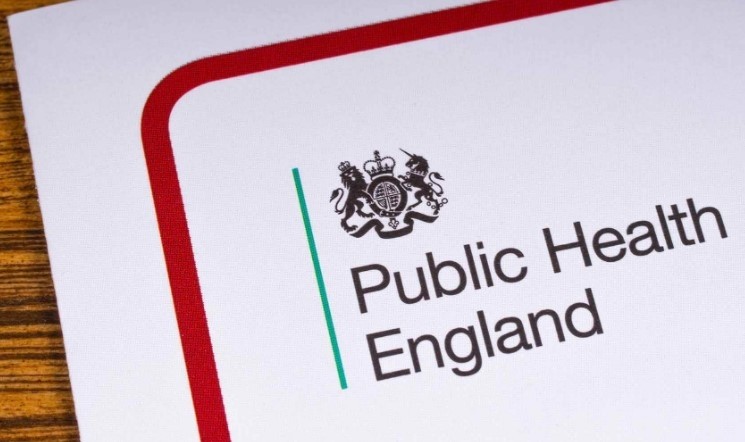NIHP creation asks questions of future nutrition research and policy

In an official announcement yesterday the health secretary Matt Hancock revealed the government’s intention to form the National Institute for Health Protection (NIHP) alongside private sector involvement.
“We did not go into this crisis with the capacity for a response to a once-in-a-century scale event,” he said in comments made at the Policy Exchange.
“Even though we have some of the best labs in the world, we couldn’t call upon the large private sector diagnostics industry that some other countries were able to. As a result, we’ve had to respond at an unprecedented rate.
“The NIHP will have a single and relentless mission: protecting people from external threats to this country’s health,”
“[The institute] will work seamlessly to harness the capabilities of academia and ground-breaking and innovative private companies with whom we must work so closely to get the best result,” he added.
But reaction to the speech was critical, with researchers expressing fears as to what the NIHP would have on future nutrition-related research and public health policy.
Professor Christine Williams, trustee, on behalf of the Academy of Nutritional Sciences, said, “We hope the re-organisation of public health structures in the UK will take due account of the high prevalence of obesity and overweight in the UK compared with many other developed countries and the consequences of this for wider public health.
“We look forward to hearing about the government’s detailed proposals for supporting these and other nutrition-related aspects of UK public health in the near future.”
‘Public health nutrition support’
Similar comments to the government’s intentions came from Dr Ian Johnson, nutrition researcher and emeritus fellow at Quadram Institute Bioscience.
“Whilst the emphasis on the role of the newly reorganised institute in managing the UK’s response to the pandemic is understandable, the important responsibilities of PHE in relation to non-communicable diseases must not be forgotten,” he said.
“I very much hope that the excellent contributions that PHE currently makes to the field of public health nutrition, particularly in relation to food policy and the management of obesity, will be supported and strengthened for the future.”
The NIHP, which aims to be operational from spring 2021, will have infectious disease prevention as its main objective and will combine the responsibilities of PHE, the National Health Service (NHS) and the Joint Biosecurity Centre.
Guided by one leadership team, the institute will report directly to the health secretary and support the clinical leadership of the four UK chief medical officers.
Despite the plans, other experts did not hold back with their disappointment with one researcher criticising the government’s pandemic handling and the NIHP’s creation as its way of passing the buck.
“The decision to abolish PHE in the middle of the deadly COVID-19 pandemics without consultation while the UK Parliament is not sitting is scandalous,” said Patty Kostkova, director of University College London Centre for Digital Public Health in Emergency (dPHE).
“Setting up a new National Institute for Health Protection by a merge with dysfunctional private NHS Track and Trace operation seems yet another move to shift blame for government’s failures over handing of the COVID-19 crises.”
Speech promises much
However, Paul Hunter, professor of medicine at the university of East Anglia, was supportive of the government’s intentions and said, “It was in fact a good speech by Matt Hancock that promises much.
“Much of what he said was very laudable especially the need to focus on health protection, to reduce bureaucracy, the importance of the science, the need to have a flat structure and the importance of an organisation whose culture fosters its public health scientists rather than hinders them.
“The other important thing is that no major change to such a change will be made at a time when public health professionals are preparing to deal with a likely re-emergence in the coming weeks.”















